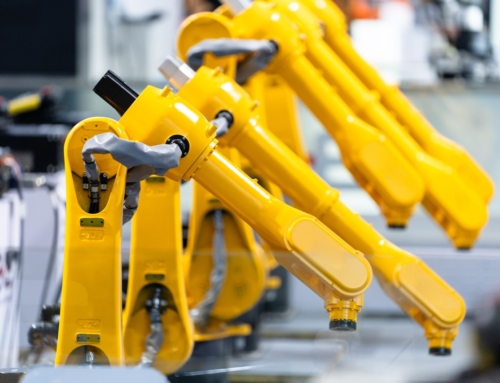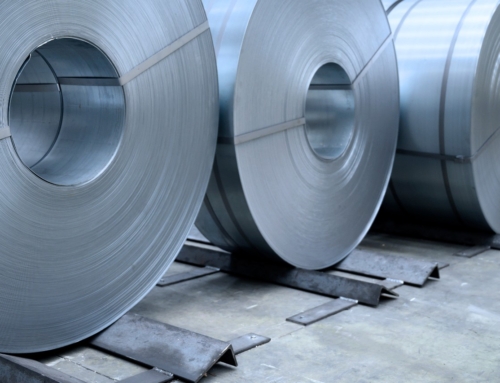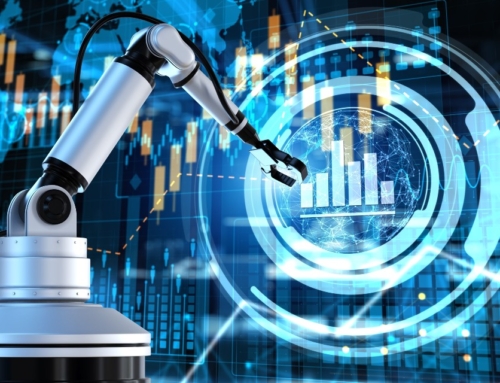Smart waste management: 3 innovations that are revolutionizing the industry
Smart waste management, the technological revolution in waste recycling and disposal
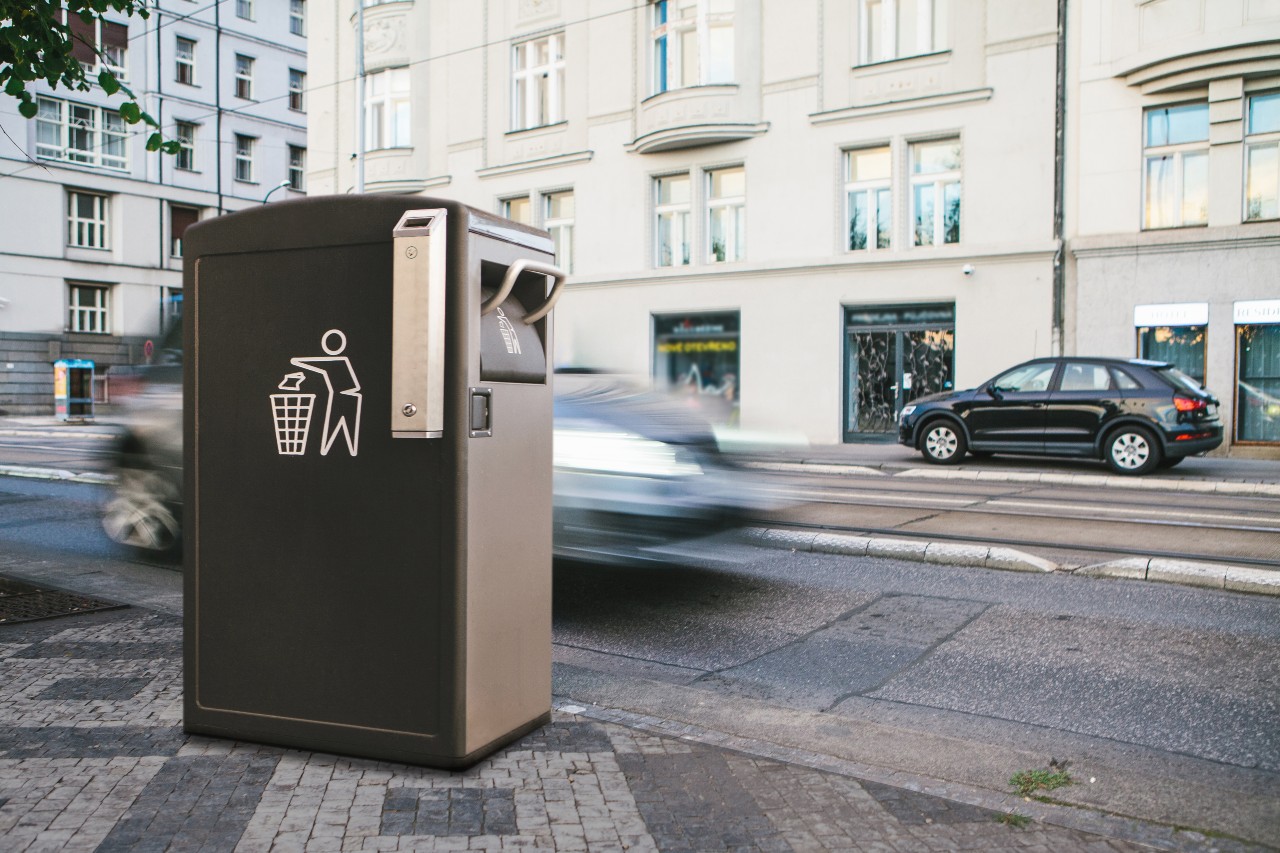
Smart waste management is one of the central themes for the future of sustainability. With the exponential increase in urban population and the growth of waste produced every year, finding more efficient and technological solutions for collection, treatment and disposal has become essential.
Thanks to the integration of technologies such as the Internet of Things (IoT), Big Data and artificial intelligence, smart waste management allows real-time monitoring of container filling levels, optimizing collection routes and improving the separation of materials for recycling.
This approach not only promotes the operational efficiency of companies involved in managing separate collection, but also helps to raise awareness among citizens about the importance of recycling and responsible and sustainable waste management. At a time when the transition to the circular economy has become a global priority, adopting smart solutions is an essential step towards a cleaner and more environmentally friendly future.
Let’s take a closer look at what is meant by smart waste management, its benefits and three of the most significant innovations that are revolutionizing the industry.
What is smart waste management
Smart waste management is a system that uses advanced technologies to optimize the process of collecting and treating waste, making it more efficient and sustainable.
It is an approach that integrates the use of sensors, artificial intelligence and IoT (Internet of Things) devices to monitor, collect and sort waste in an automatic and intelligent way.
The main benefits of smart waste management include:
- cost reduction: thanks to real-time monitoring, excessive harvesting is avoided, optimising fuel and labour consumption;
- improved efficiency: the data analysed allows for predictive waste management, reducing the risk of overloading and managing production peaks;
- reduction of environmental impact: by optimising the collection and disposal process, CO2 emissions related to transport are reduced;
- increased recycling: better waste management can stimulate and improve recycling processes by reducing the amount of waste going to landfill.
Smart city waste management: three innovations revolutionising the sector
The smart waste management industry is rapidly evolving and some of the most advanced technologies are already making a difference in many cities and companies. Three key innovations are transforming the way we manage waste:
1. Smart bins
Smart bins are one of the most visible and immediately useful innovations in recycling. Their ability to monitor and communicate the level of filling in real time allows waste collection processes to be optimized and simplified. The smart bins are in fact equipped with special IoT sensors that detect the amount of waste contained and send this information to a centralized platform.
Thanks to these technologies, managers can receive constant updates on the status of each bin, eliminating the need for manual checks and allowing a more efficient collection. In addition, many smart bins have integrated compaction mechanisms that compress waste, significantly increasing the capacity of the containers and reducing the frequency of emptying operations. Some advanced models can also distinguish between different types of waste, such as plastic, paper and organic, thus facilitating the separation process at source.
2. Artificial intelligence for waste separation
The use of artificial intelligence is transforming the way waste is sorted. In practice, optical sensors, high-definition cameras and machine learning systems can identify the different types of materials that pass through waste sorting lines and separate them by type using automated systems.
Through the contribution of AI, waste classification is done much more accurately than traditional methods, reducing the risk of human error and thus increasing the percentage of materials actually recycled, the waste will be disposed of in a manner that reduces the amount of waste going to landfill.
3. Intelligent data collection and predictive analytics platforms
IoT sensors installed on smart bins, bins and disposal plants generate a large amount of real-time data about the volume of waste, its type, and levels of filling. This data is transmitted to a centralized platform that collects and analyzes it using machine learning algorithms and artificial intelligence.
Predictive analytics enables managers to anticipate when and where peaks in waste generation occur. It can also indicate long-term trends, such as changes in the types of materials disposed of or seasonal variations in waste generation. These forecasts allow planning of action strategies and the construction of necessary infrastructures, such as new treatment plants or collection areas.
Ferrero Industrial smart waste bins components: efficiency and innovation for waste management
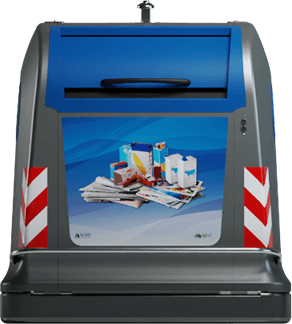
Thanks to increased automation and intelligent use of data, we can expect cleaner cities, less waste in landfills and better use of resources. The way to a more sustainable planet is obviously through the transformation of key areas such as waste management and the adoption of digital innovations represents a decisive step in this direction.
Ferrero Industrial specializes in the manufacture of smart waste bins components, which include technologically advanced sensors designed to monitor the level of filling of baskets. The components of our smart baskets are made with advanced technologies and high quality materials. Designed to be easily integrated into existing systems, they offer flexibility and adaptability to different operational needs.
By using modern components, the bins can be connected to a network for centralized control and integrated with other smart solutions, further improving waste management.
If you would like more information about smart waste bins components, or other welded products offered by Ferrero Industrial, please contact us.


